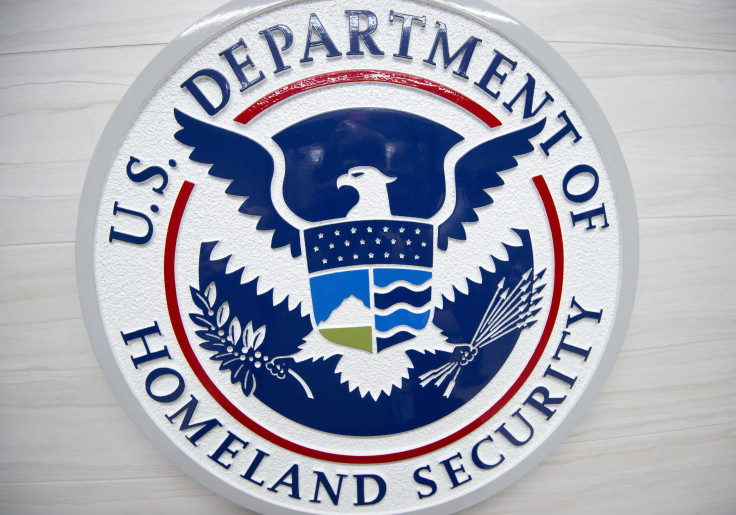DHS Admits Lying to Court, Lifts Ban Blocking New Yorkers Access To Federal Travel Programs
KEY POINTS
- The Department of Homeland Security lifted its five-month ban preventing New Yorkers from applying to federal programs available under the Trusted Travel Programs
- The dispute was sparked over New York's Green Light Law, which allowed undocumented immigrants to apply for driver's licenses and blocked federal access to the state's driver's license data
- DHS admitted to making "misleading statements" about the New York law as a lawsuit by the state argued other states, including Washington DC, deny federal access to driver license information and were not blocked from access the travel programs
The Department of Homeland Security made an about-face and lifted its five-month ban on New Yorkers joining various Trusted Traveler Programs. Department officials also admitted repeatedly making “inaccurate or misleading statements” about the reasons for the ban and in the subsequent legal battle.
“Defendants deeply regret the foregoing inaccurate or misleading statements and apologize to the Court and plaintiffs for the need to make these corrections at this late stage in the litigation,” department attorneys said in a Thursday court filing.
At the heart of the dispute was New York’s Green Light Law, which was passed and signed in June of 2019.
The original version of the law allowed undocumented immigrants to apply for driver’s licenses in New York while also limiting federal access to said information. DHS took issue with this, issuing its ban on New Yorkers from applying to the Trusted Traveler Programs overseen within DHS by Customs and Border Patrol.
Programs available under Trusted Traveler Programs include Global Entry, NEXUS, Secure Electronic Network for Travelers Rapid Inspection (SENTRI), and Free and Secure Trade (FAST), and assist with travel from the U.S. to Canada or Mexico.
New York officials filed a lawsuit in response to the ban, saying it would prevent around 175,000 state residents from renewing program memberships in 2020. Another 80,000 would have their applications essentially thrown out. The state also argued that other states and Washington, D.C., blocked federal access to driver license information but were allowed access to the Trusted Traveler Programs.
New York Attorney General Letitia James said the ban was “political retribution, plain and simple, which is why we filed our lawsuit to stop the president from targeting and punishing New Yorkers.”
The law was ultimately amended in April and would allow federal officials to access the records of people applying to any of the programs. However, the DHS continued to criticize New York officials, namely Gov. Andrew Cuomo, for provisions in state laws that “undermine the security of the American people.”
“We appreciate the information sharing to CBP for the trusted travel program, which enables DHS to move forward and begin once again processing New York residents under the Trusted Travel Program,” DHS Acting Secretary Chad Wolf said in a press release. “Nonetheless, local New York law continues to maintain provisions that undermine the security of the American people and purport to criminalize information sharing between law enforcement entities.”

© Copyright IBTimes 2024. All rights reserved.





















